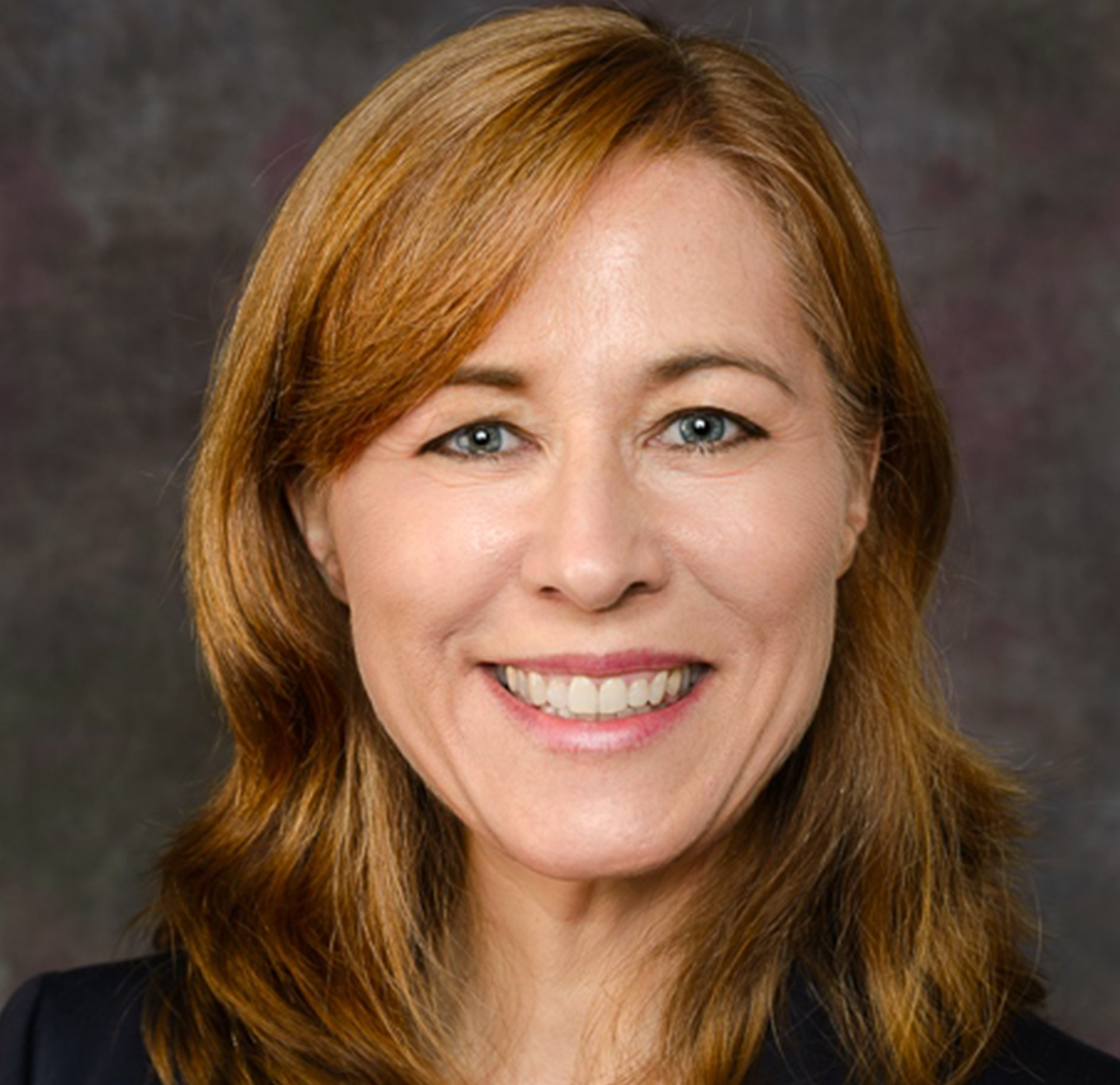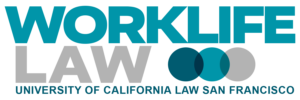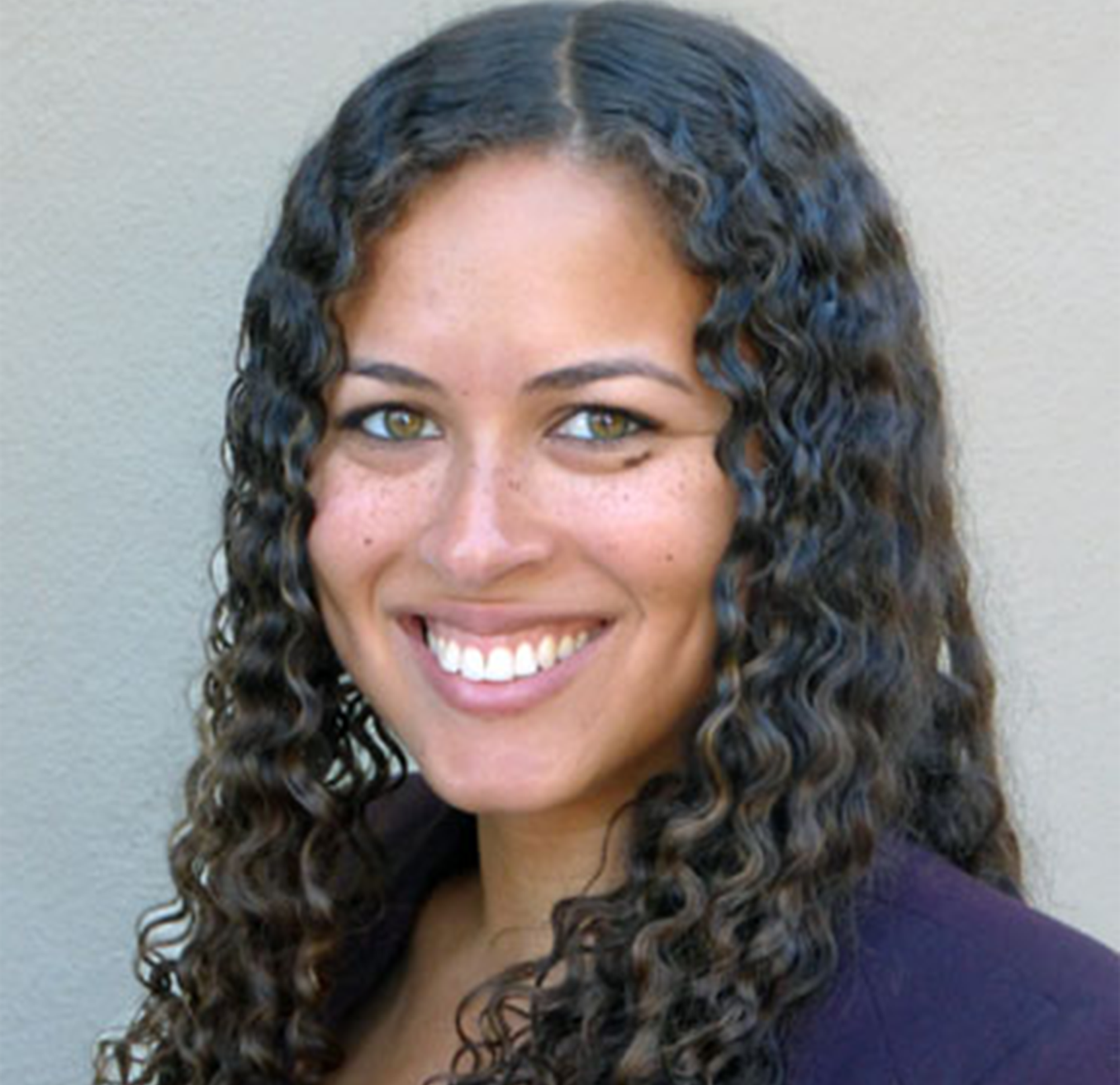In the final days of 2022, President Biden signed into law a landmark workers’ rights bill: the Pregnant Workers Fairness Act (PWFA), which clarifies employers’ obligations to provide needed “accommodations” to pregnant workers. Modeled on the Americans with Disabilities Act (ADA), PWFA has enormous potential to ensure that pregnant workers won’t have to choose between their health and their jobs.
The ACLU and the Center for WorkLife Law are partnering with NELA to assist attorneys in utilizing PWFA to achieve the accommodations their clients need and—when litigation is necessary—to obtain positive results by producing a series of training briefings.

 Cynthia Thomas Calvert is the Senior Advisor to the Center for WorkLife Law at UC College of the Law San Francisco. She worked with Joan C. Williams, the founding director of WorkLife Law, to pioneer the research behind family caregiver discrimination. Cynthia’s work includes counseling employees who are facing discrimination because of pregnancy or their caregiving roles, advising plaintiffs’ lawyers who are litigating pregnancy and caregiver claims, and public education about the laws that protect pregnant employees and caregivers. She is also the principal of Workforce 21C, which helps employers to advance women and better manage employees who are pregnant, breastfeeding, or caring for family members. Cynthia is an employment lawyer, had her own management-side law practice focused on compliance, and was a partner in a Washington, D.C. litigation law firm. She is a frequent presenter, is often quoted in the press, and writes extensively about women, inclusion, and caregivers in the workplace.
Cynthia Thomas Calvert is the Senior Advisor to the Center for WorkLife Law at UC College of the Law San Francisco. She worked with Joan C. Williams, the founding director of WorkLife Law, to pioneer the research behind family caregiver discrimination. Cynthia’s work includes counseling employees who are facing discrimination because of pregnancy or their caregiving roles, advising plaintiffs’ lawyers who are litigating pregnancy and caregiver claims, and public education about the laws that protect pregnant employees and caregivers. She is also the principal of Workforce 21C, which helps employers to advance women and better manage employees who are pregnant, breastfeeding, or caring for family members. Cynthia is an employment lawyer, had her own management-side law practice focused on compliance, and was a partner in a Washington, D.C. litigation law firm. She is a frequent presenter, is often quoted in the press, and writes extensively about women, inclusion, and caregivers in the workplace.


















 Ashley O. Westby is a Colorado native, and the daughter of two blue collar workers who taught her the importance of workers’ rights. Ashley received her B.A. magna cum laude in Political Science from The George Washington University, and her J.D. cum laude from The American University, Washington College of Law.
Ashley O. Westby is a Colorado native, and the daughter of two blue collar workers who taught her the importance of workers’ rights. Ashley received her B.A. magna cum laude in Political Science from The George Washington University, and her J.D. cum laude from The American University, Washington College of Law.